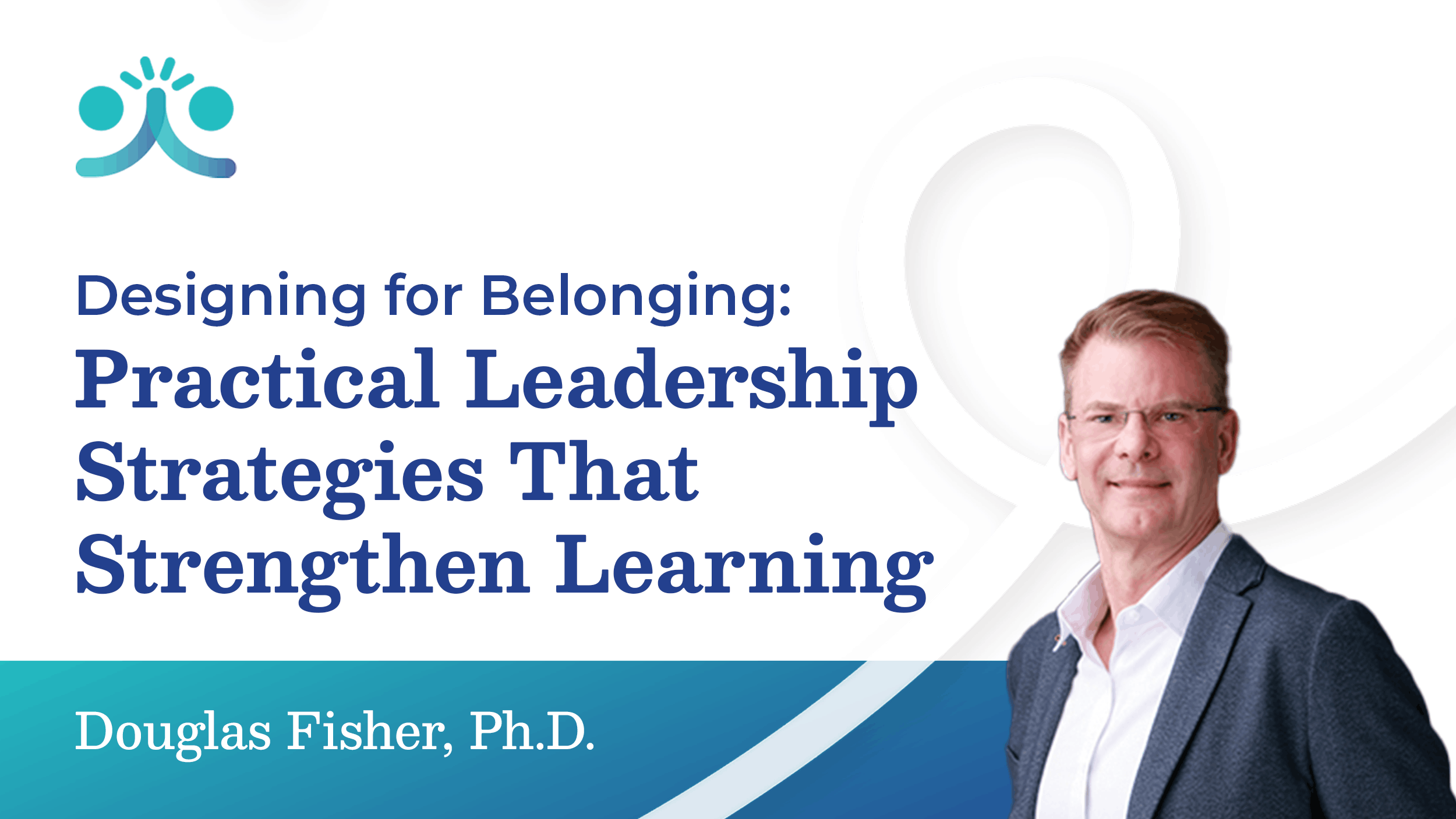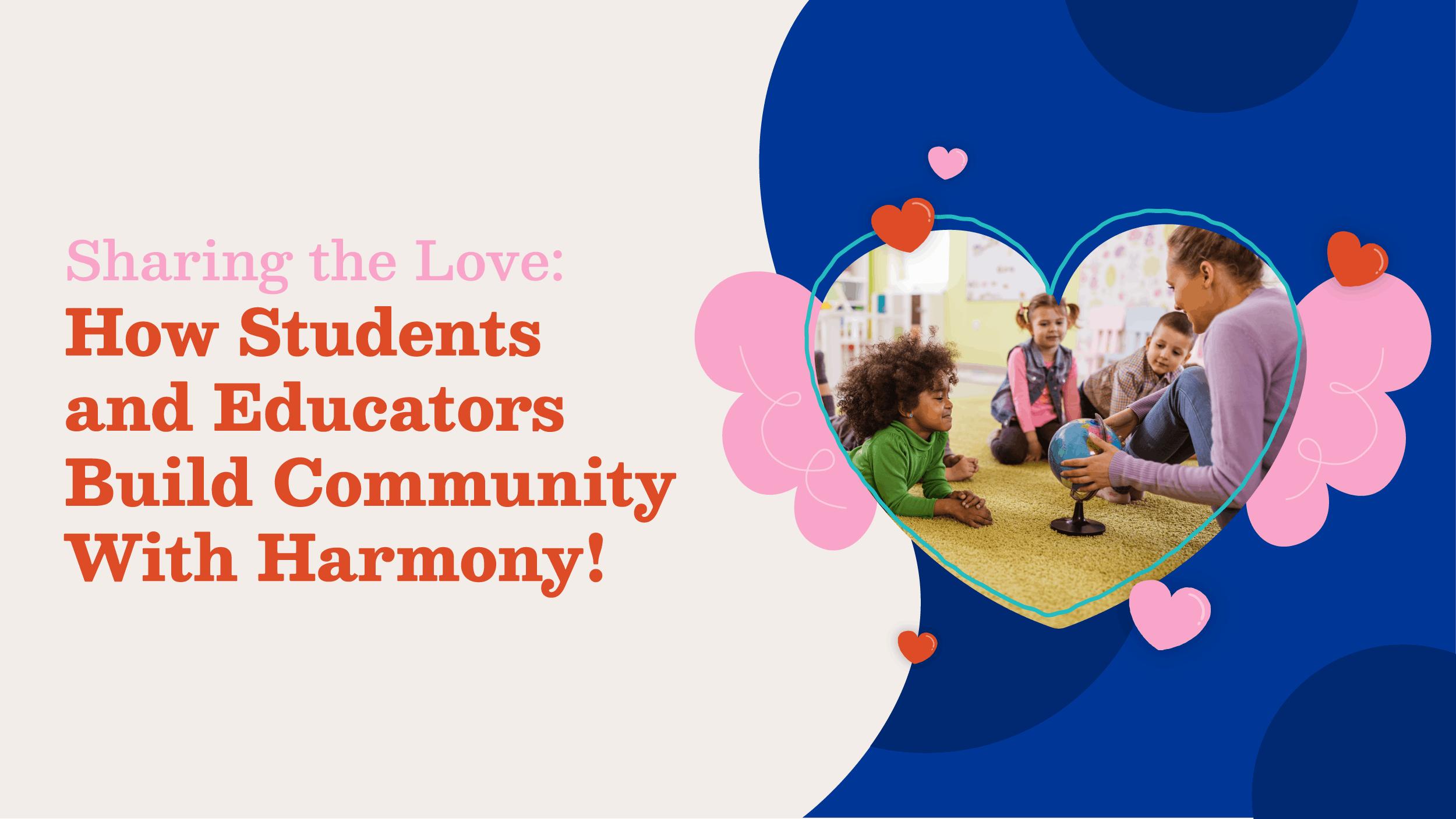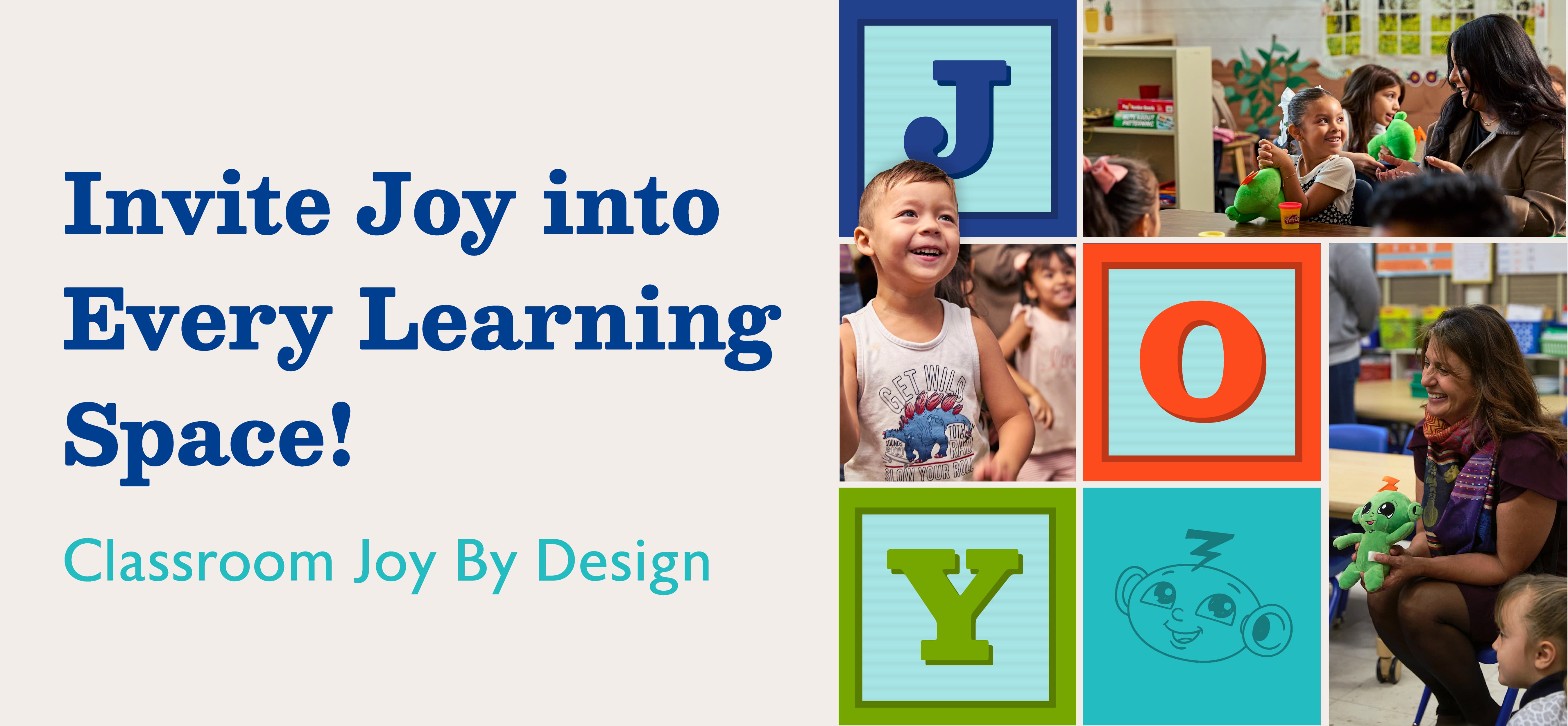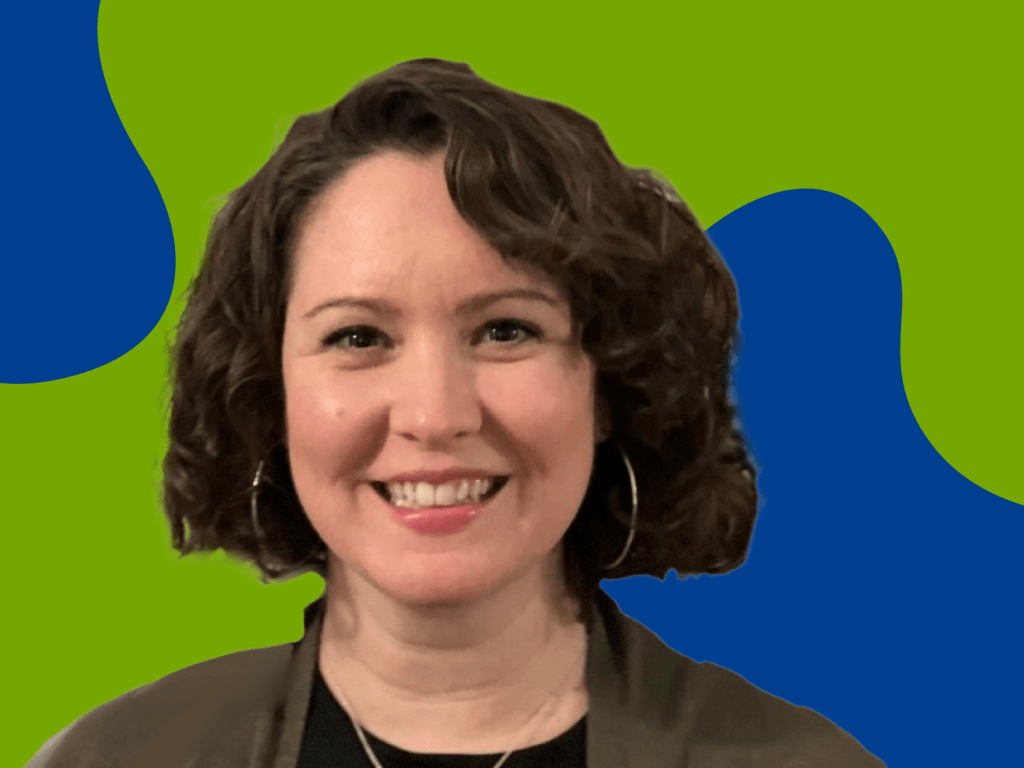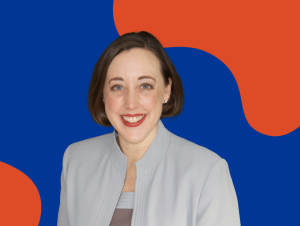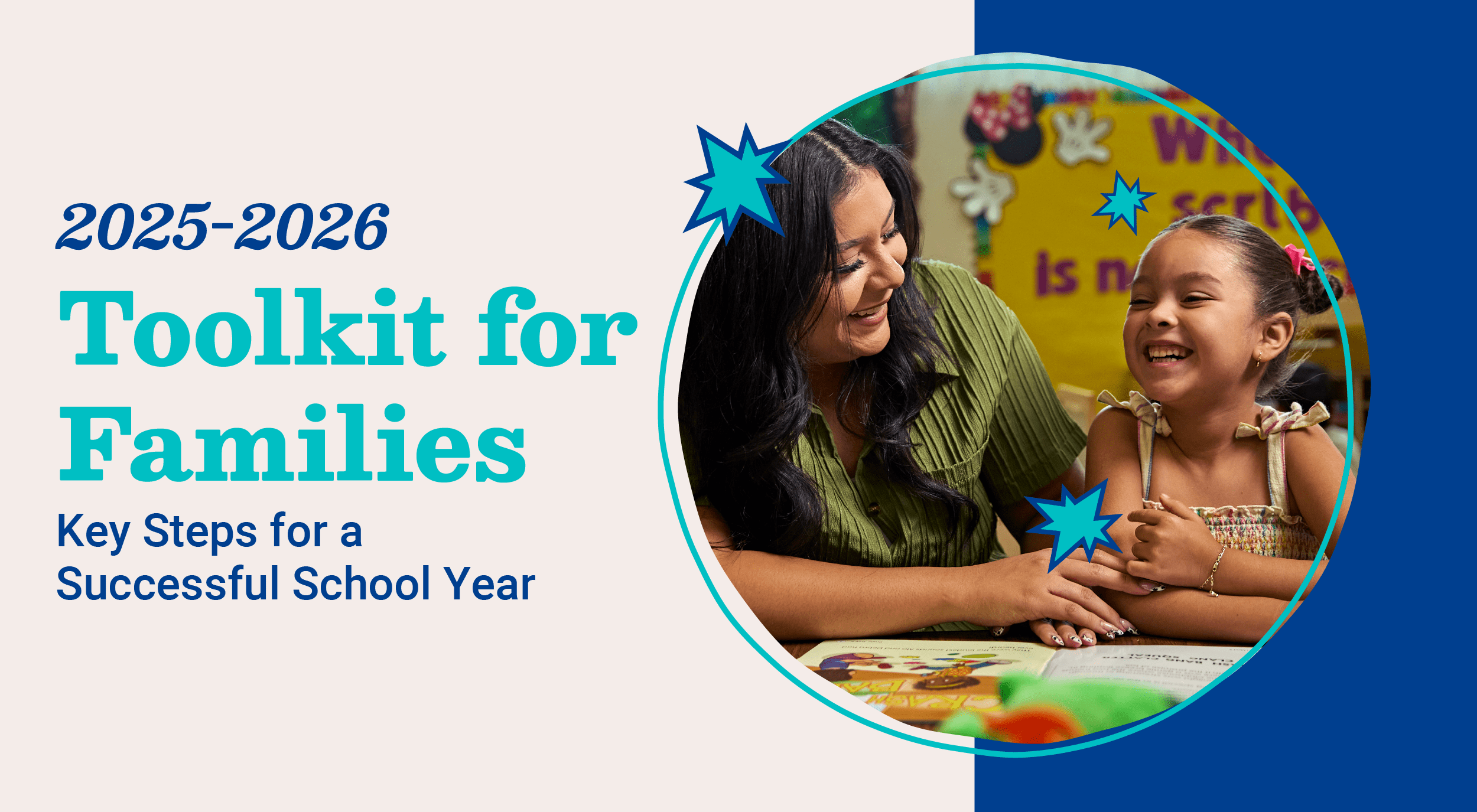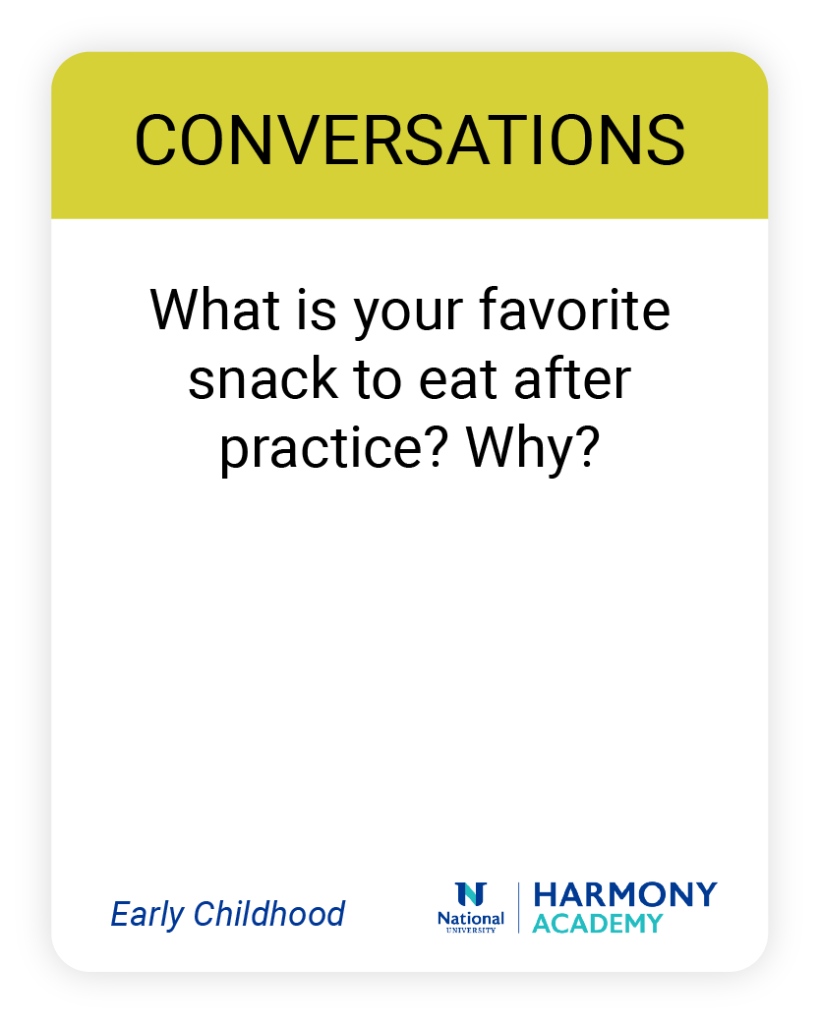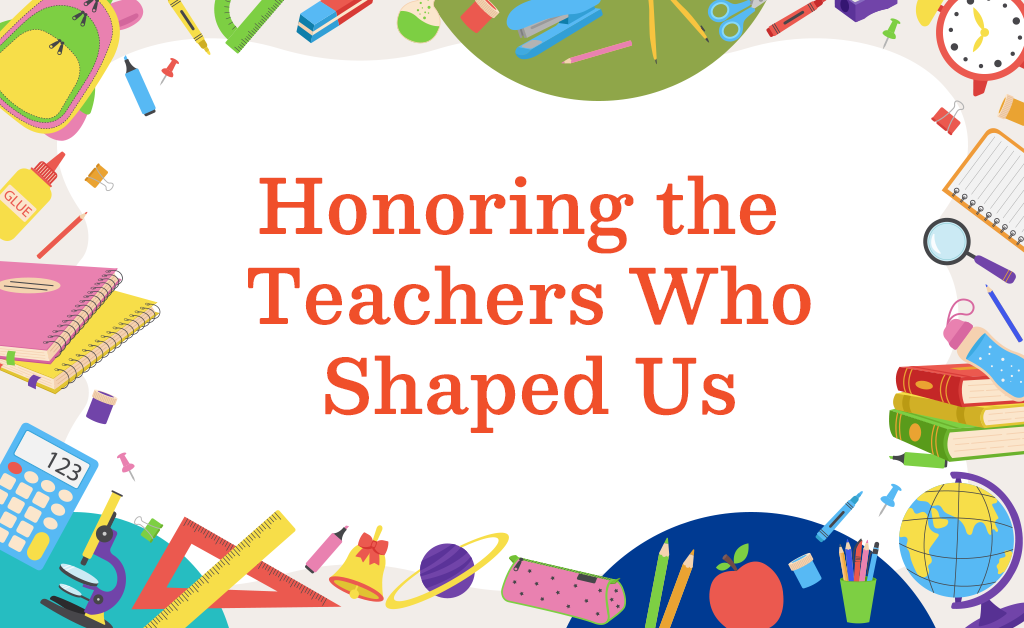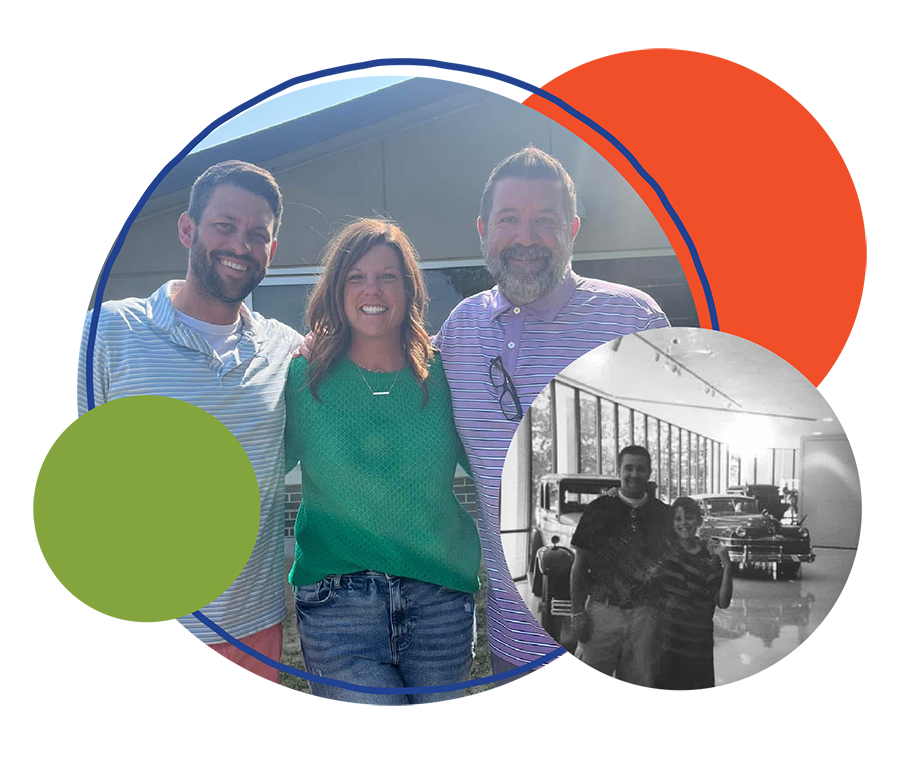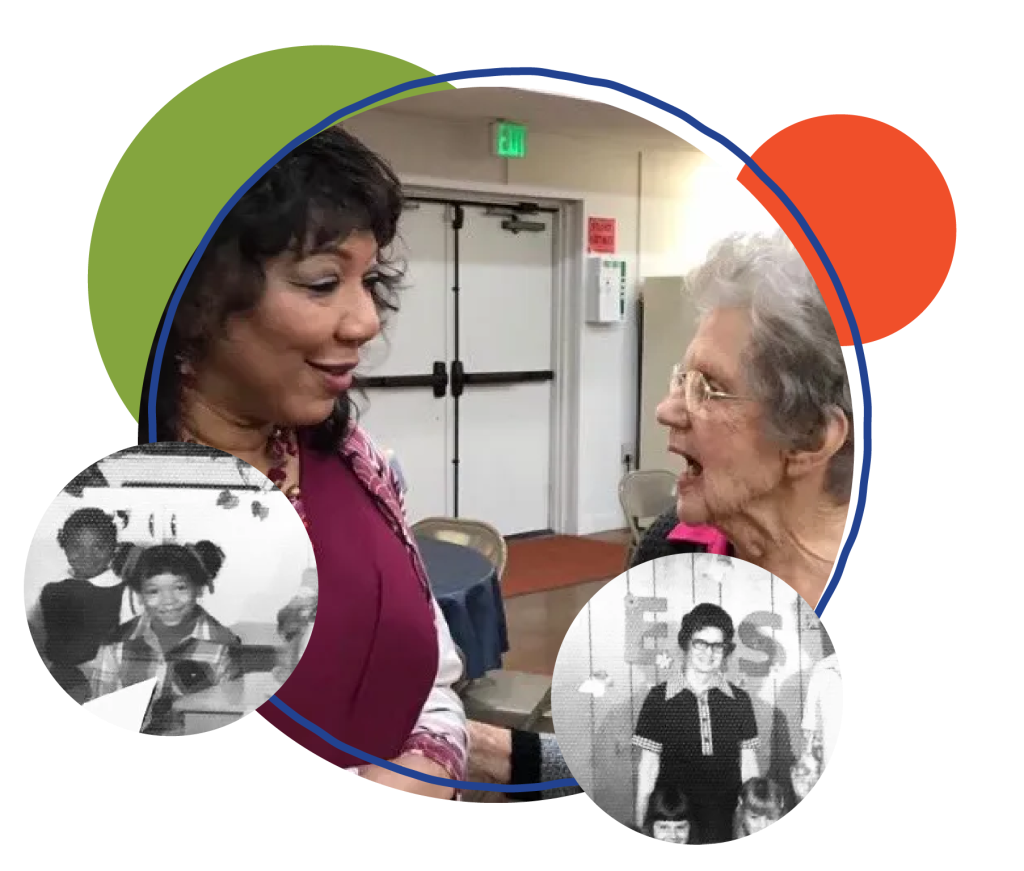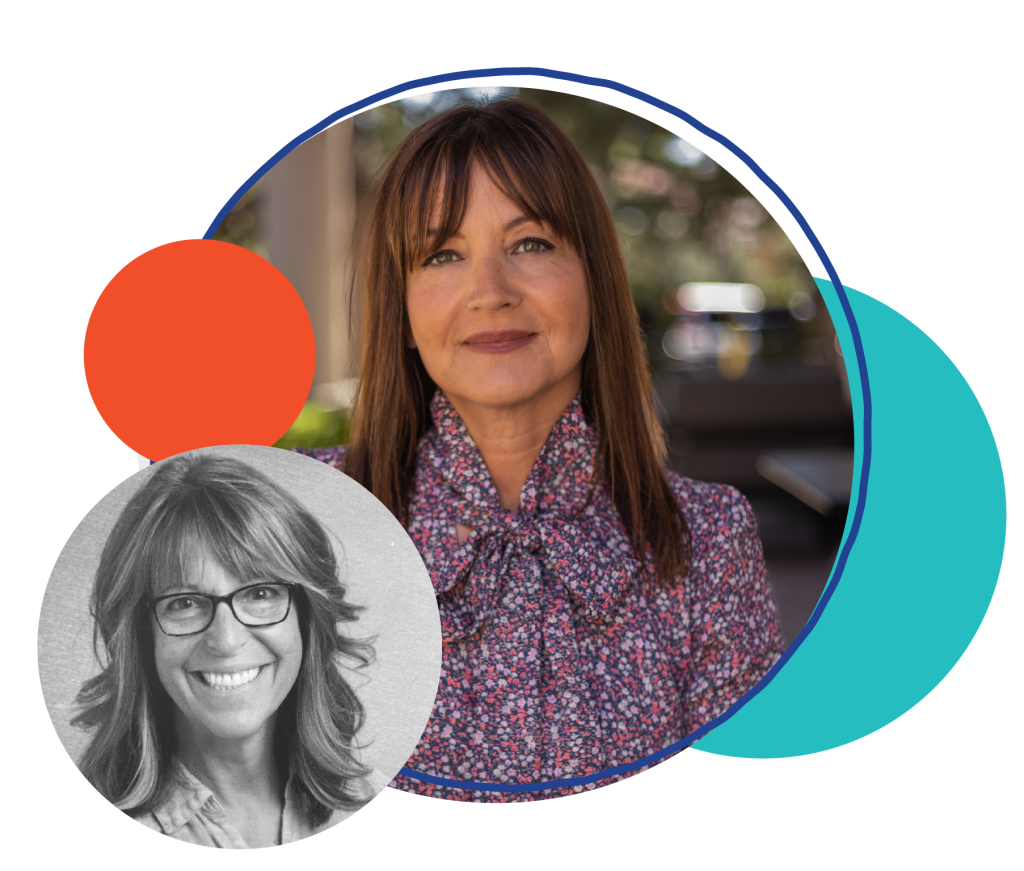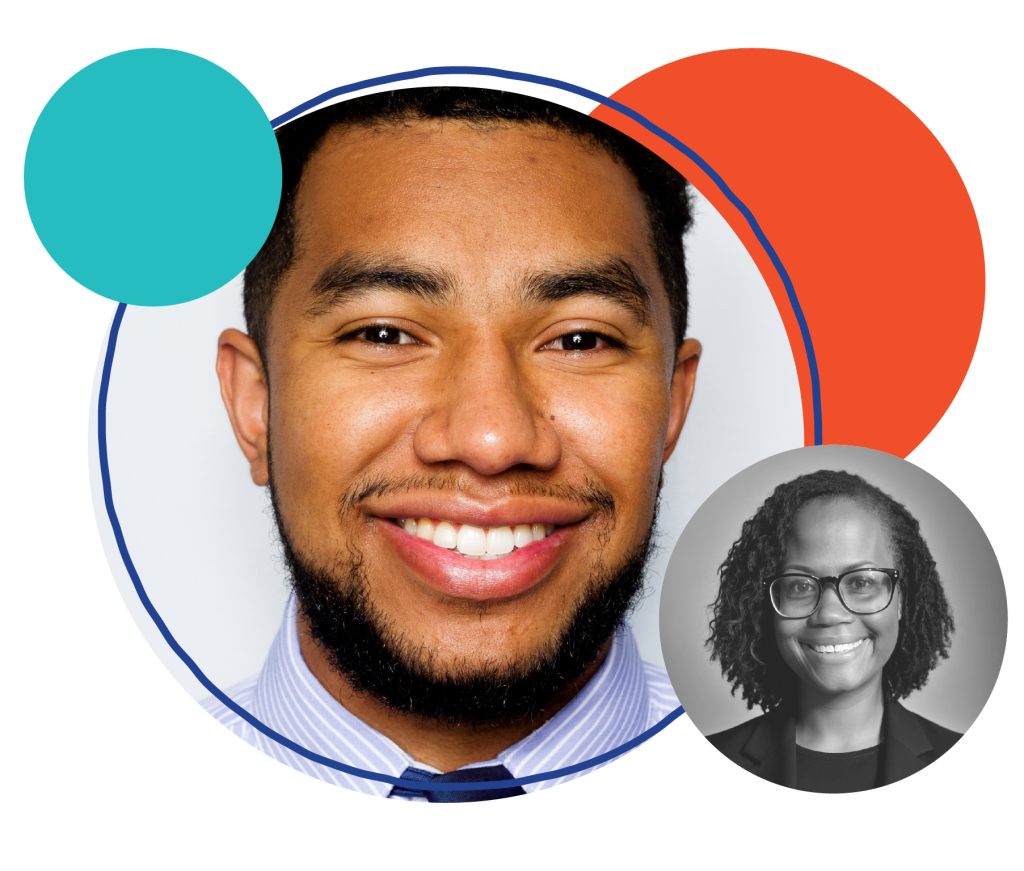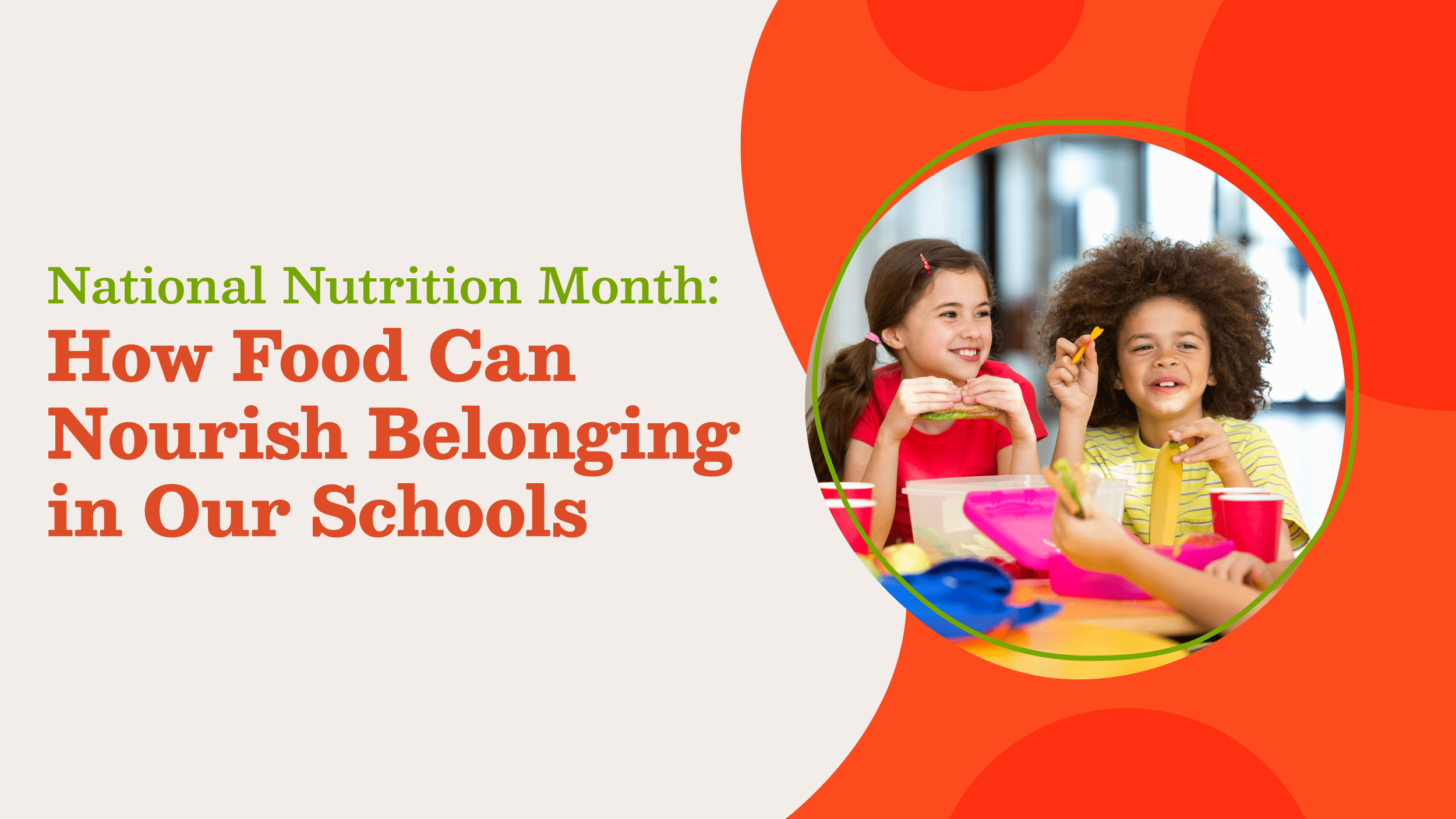
National Nutrition Month: How Food Can Nourish Belonging in Our Schools
By Esther Deth, Ed.D
School Wellness & College Preparation Coordinator, Long Beach Unified School District
When I think about some of my fondest memories with family and friends, many of them are centered around food. From joyful gatherings like a holiday potluck to quieter, meaningful moments — such as sharing a final meal with my mother at her bedside — food has often been part of how I connect, reflect, and feel a sense of belonging. I suspect I’m not alone in this experience.
That connection came into focus for me recently through my daughter’s kindergarten classroom. Her teacher shared a series of photos with families. In one image, my daughter and her classmates sat together around a table, smiling as they peeled and enjoyed mandarin oranges. In another, the students were outside in the school garden, examining new growth that had sprouted from seeds they had planted. The teacher explained that the class had been learning about germination, watching their radish seeds grow, and then enjoying fruit donated by the cafeteria team — making a real-world connection between seeds, food, and nutrition.
Featured News
-
National Nutrition Month: How Food Can Nourish Belonging in Our Schools
Read More >: National Nutrition Month: How Food Can Nourish Belonging in Our Schools -
Designing for Belonging: Practical Leadership Strategies That Strengthen Learning
Read More >: Designing for Belonging: Practical Leadership Strategies That Strengthen Learning -
Sharing the Love: How Students and Educators Build Community With Harmony!
Read More >: Sharing the Love: How Students and Educators Build Community With Harmony!
When I asked my daughter about the day, her response was simple: It was “a happy day in the garden.” But as we talked more about the photos, it became clear that something deeper was happening. Through food, learning, and time together, the students were building connections. Nutrition instruction wasn’t just about healthy eating — it was helping foster a sense of belonging.
Healthy Nutrition and a Strong Sense of Belonging
A sense of belonging is foundational to student well-being, engagement, and lifelong success. According to a recent article by Allen (2022), research shows that shared food experiences can strengthen relationships and help students feel seen and valued. Food is tied to culture, community, and memory, and when schools create space for students to experience food together, they support meaningful connections.
School lunch conversations, nutrition education lessons, garden-based learning, and collaborative food activities all offer opportunities for communication, respect, and relationship-building. These moments allow students to learn about one another while practicing essential social skills in ways that feel natural and joyful.
Community Built Around Food
In my work as a School Wellness and College Preparation Coordinator for a large urban school district, I’ve seen how intentional nutrition efforts can strengthen community across grade levels. Districtwide wellness policies focused on healthy eating and physical activity help create shared language and collective responsibility for student well-being.
At school and community events, food frequently becomes a bridge between families.
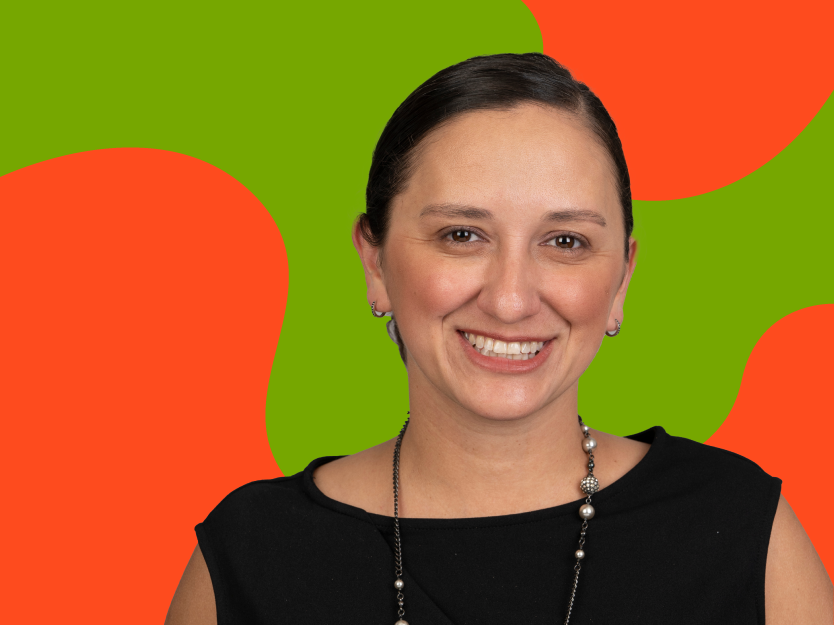
When families share meals that reflect traditions, it creates opportunities for connection, storytelling, and mutual respect. These experiences reinforce that schools are communities of learners where everyone belongs.
I’ve also observed older students engaging in nutrition instruction in creative ways. In secondary classrooms, students have collaborated to plan a food court outing with friends that stays within a budget while meeting specific nutrition criteria. Activities like these allow students to explore how food choices can connect to health, personal responsibility, and real-world decision-making — while strengthening teamwork and communication skills.
Starting Conversations with Harmony Quick Connection Cards
One of the simplest ways to foster belonging is to start meaningful conversations. Harmony Quick Connection Cards offer tools that do just that. The cards invite students to share favorite meals, family traditions, or food-related memories, providing starting points for building relationships.
These quick conversations — used during Meet Ups and Buddy Ups — support a sense of belonging. They honor students’ experiences while helping educators cultivate communities of learners. My colleague, Kate Komatz, and I have trained hundreds of elementary teachers on using these cards, and we regularly hear success stories. We now encourage teachers, counselors, and school leaders to use a card as students head to lunch or to hold a class Meet Up outdoors in a school garden or shared space.
Nourishing Bodies and Communities
Food is never just fuel — its connection, culture, and care. During National Nutrition Month, schools have an opportunity to highlight how nutrition instruction can support both physical health and a strong sense of belonging.
By creating shared experiences around food, whether in a garden, a lunch conversation, or a health lesson — educators can help students feel connected and respected. When we nourish bodies and relationships together, we strengthen the foundation for lifelong success.
About Esther Deth, Ed.D
As the School Wellness & College Preparation Coordinator for Long Beach Unified School District, Esther Deth oversees curriculum and instruction for Health, Physical Education, and School Wellness, and she coordinates the district’s Advanced Placement and AVID programs. She recently co-led the districtwide implementation of the Harmony curriculum across more than 50 elementary and TK–8 schools. Dr. Deth also oversees implementation of the Local School Wellness Policy through the district’s School Wellness Council. She brings prior experience as a principal, assistant principal, and National Board–Certified teacher in Los Angeles. She is a proud member of the Harmony Educator Advisory Group.
Reference
- Allen, K.-A. (2022, March 23). Psychology Today. Psychology Today. https://www.psychologytoday.com/us/blog/sense-belonging/202203/what-does-food-have-do-belonging-and-schools
